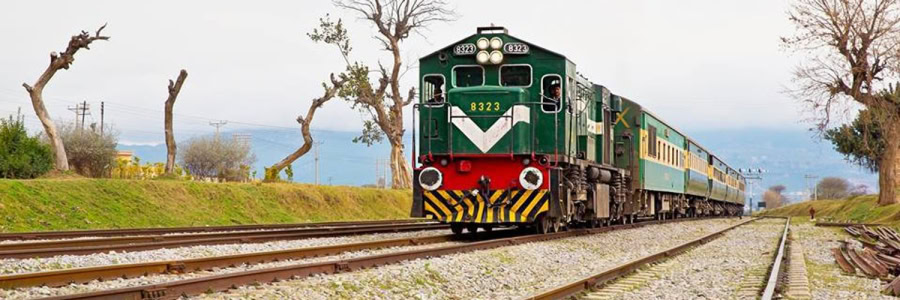Pakistan Railways has altered 16,535 out of 26,660 electric meters of the railway’s residential colonies to Distribution Companies (DISCOs) and Karachi-Electric (KE) to rationalize its expenditure on utilities.
According to an official of the Ministry of Pakistan Railways, the electric meters of residential colonies were being shifted to DISCOs by the department and the step has resulted in savings of Rs 1,300 million so far.
Pakistan Railways had taken certain austerity measures to moderate its losses and all these austerity measures have been taken in line with the instructions issued by Finance Division from time to time, he added.
The Railway official said that in addition to austerity measures, the department has rigorously followed a diversified approach to reducing its different costs along with measures to improve its revenue streams.
He said in order to further reduce the electricity bills, Pakistan Railways had prepared a plan to shift to solar energy for that purpose the work has been initiated by awarding the feasibility study to M/s NESPAK.
The official said around 100 sites with heavy consumption of electricity had been identified and once shifted to solar energy, it would result in savings of Rs 1,000 million.
He said that the human resource strength of Pakistan Railways was being critically analyzed to bring it to a rational level. This step will result in the reduction of salary bills and, in the long run, will reduce the overhead of pension payments.
Around 1,377 posts from the Ministry of Railways, Headquarters office, and extra division had been abolished which was likely to save Rs 720.551 million per year, he added.
In order to improve the revenue streams, certain other steps have also been taken included to reduce manual working, streamlining financial operations and minimizing the risk of ghost employees and pensioners, SAP-based ERP system is under development to bring transparency and increase the revenue stream. The official said the short-term leasing of land had been introduced instead of long-term leasing to stay competitive in the market for increased revenue flow. He said railway passenger train fares and freight rates had been rationalized and were constantly being monitored based on supply and demand and volatile prices of fuel to generate more revenues.










